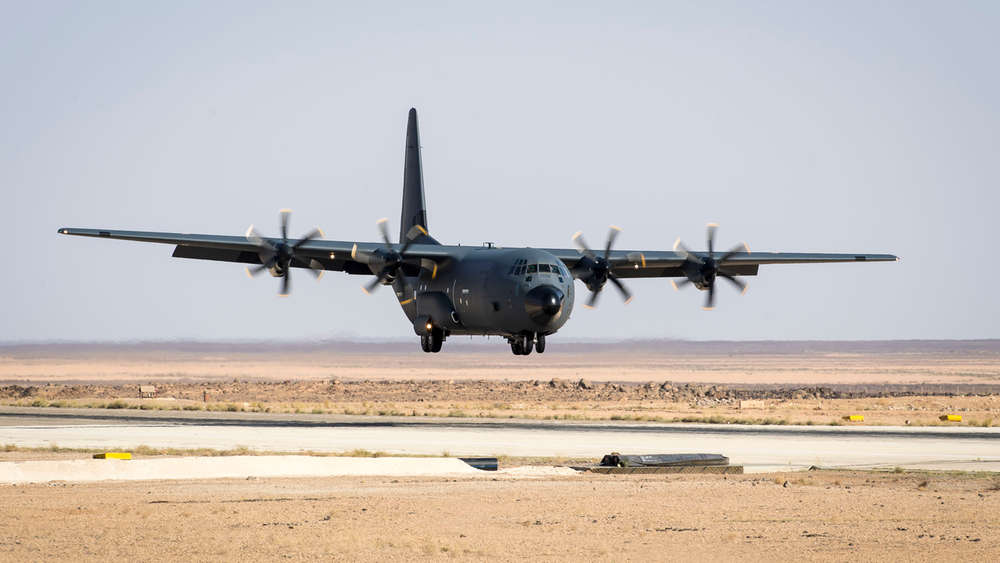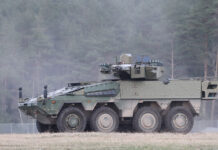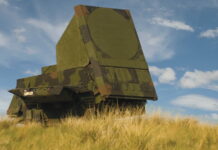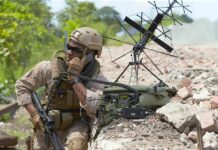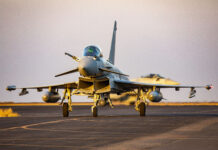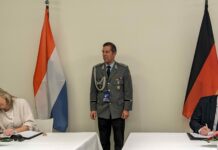The German Armed Forces intend to rely to a large extent on their French counterparts for the logistics support of the joint fleet of C-130J SUPER HERCULES transport aircraft. After the Bundestag committees gave the green light for this on 24 March 2021, funding is now available for a corresponding agreement with France.
The envisaged logistic support agreement (Technical Agreement Initial In-Service Support – TA IISS) includes the spare parts requirements, equipment components and ground service equipment as well as initial industrial support services necessary for the joint operation of the Franco-German airlift squadron. The agreement is initially concluded for the years 2021 to 2024. However, logistical support for regular operations (In-Service Support – ISS) is to be built on this in the future.
C-130J Partnership
France will also secure the initial spare parts requirements and the initial industrial support from the manufacturer via Foreign Military Sale (FMS) contracts with the US. The procurement of equipment components and ground service equipment is also to be carried out by the French side, with the aim of achieving operational and logistical uniformity. This will also serve to cover the requirements of the German aircraft.
Until now, these service components for initial in-service support for the first three years have been part of the procurement contract with the US, which was previously concluded within the framework of a FMS. The volume of the procurement contract for the six aircraft, including an initial adjustment, amounts to €965M. Since the scope of services specified in the agreement with France is already largely covered by this procurement contract, it is intended to separate these parts from it. In order to cover the higher demand for spare parts calculated in the agreement, this will lead to an additional financial requirement of approximately €50m over the term of the agreement.
The above-mentioned additional requirement is justified by the first experiences of the French side, from which it was concluded that the calculations in this regard were too optimistic when the original offer was made. The agreement with France is based on a requirement of 600 flight hours per aircraft per year. The application of uniform French logistical procedures and processes is also expected to reduce expenses here.
Background
On 18 October 2017, Vice Admiral Joachim Rühle, Deputy Chief of Defence of the German Armed Forces, and his French counterpart, Admiral Philippe Coindreau, signed the basic document for further cooperation on Franco-German air transport cooperation. The aim of the joint operation of the Franco-German air transport squadron is joint fleet management and efficient provision and management of resources. The cooperation also includes the training of personnel in Évreux. Thus, the aeronautical training of the crews is planned there, as well as the technical instruction of the technical personnel on this aircraft type, which is new to the German Air Force. For this purpose, both nations are building a joint training centre.
On 1 September 2021, the first Franco-German air transport squadron will begin its joint service in Évreux. Full operational capability is to be achieved in 2024, when all aircraft have arrived.
The airlift squadron, operated jointly with France, will fill the capability gap caused by the planned retirement of the C-160 TRANSALL by the end of 2021. These are the capabilities in protected tactical air transport using airfields with little infrastructure or simple unpaved runways as well as aerial refuelling for helicopters. They serve to perform tasks within the framework of National Risk and Crisis Management as well as to support operations of special forces.
In addition to national missions, the binational squadron will also perform missions coordinated by the European Air Transport Command.
Wolfgang Gelpke


